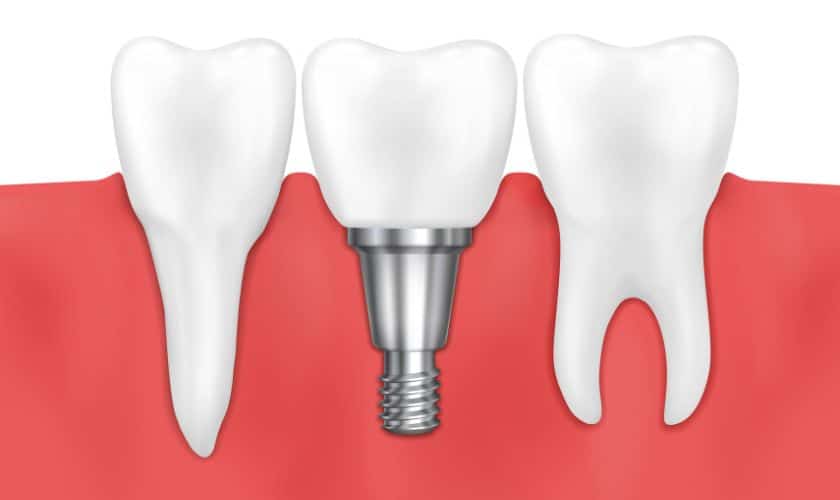
Are you considering dental implants to replace your missing tooth? Dental implants are a great way to restore your dental health, improve the appearance of your smile and prevent surrounding teeth from shifting. But before you commit to dental implants, there are some key things to know about the procedure. This article will cover 5 essential facts everyone should understand before getting dental implants.
1. What Are Dental Implants?
Dental implants are replacement teeth that look and feel natural. The implant is an artificial titanium screw that is surgically implanted into the jawbone and acts as a root For one or more false teeth (or prosthetic crowns). An abutment is then attached to the dental implant and is used to connect to the dental crown.
2. Who Is a Good Candidate for Dental Implants?
The best candidate for dental implants is someone who has good oral health, adequate bone in the jaw, and healthy gums. You should have realistic expectations about dental implants as well. Your dentist will be able to assess your dental condition and determine if you are an appropriate candidate for dental implant surgery.
3. The Process of Getting Dental Implants
The process of getting dental implants usually takes three steps: placement, abutment attachment, and dental crown installation. Placement involves surgically implanting the titanium screw into your jawbone while anesthesia is administered to ensure comfort. Once the implant has healed and bonded with your jawbone, the abutment will be attached to the dental implant. Finally, a dental crown is placed on the abutment to complete the dental implant procedure.
4. The Benefits of Dental Implants
Dental implants offer a number of benefits compared to other dental options, such as dentures or bridges. Dental implants are more durable than other dental options, last longer, and feel more natural when you talk and chew. They also provide better support for your surrounding teeth and help maintain your facial structure by preventing bone deterioration in your jawbone.
5. Potential Complications of Dental Implants
Although dental implants are generally successful, there are some potential risks associated with the procedure. For example, dental implant surgery is a surgical procedure that carries certain risks, such as infection and nerve damage. Additionally, dental implants can fail if your jawbone does not heal properly after the dental implant has been placed or if the dental crown becomes loose or damaged.
Conclusion
Dental implants offer many great benefits, from improved dental health to enhanced facial structure and aesthetics. Before you decide between dental implants, be sure to discuss all of these issues with your dentist and weigh up the pros and cons. Dental implants can last for many years with proper care and keep your smile looking beautiful.
A1: The dental implant procedure is usually performed under local anesthesia, so it will not be painful. However, there may be some minor discomfort during the healing process, which can be managed with over-the-counter painkillers.
A: Dental implants can last for many years with proper care and maintenance. Dental implants can last anywhere from 10 to 15 years or more, depending on your dental health.
A: Dental implants are generally considered safe if you have good oral health and realistic expectations about the procedure. Your dentist will assess your dental condition before recommending dental implants as a suitable treatment option.


